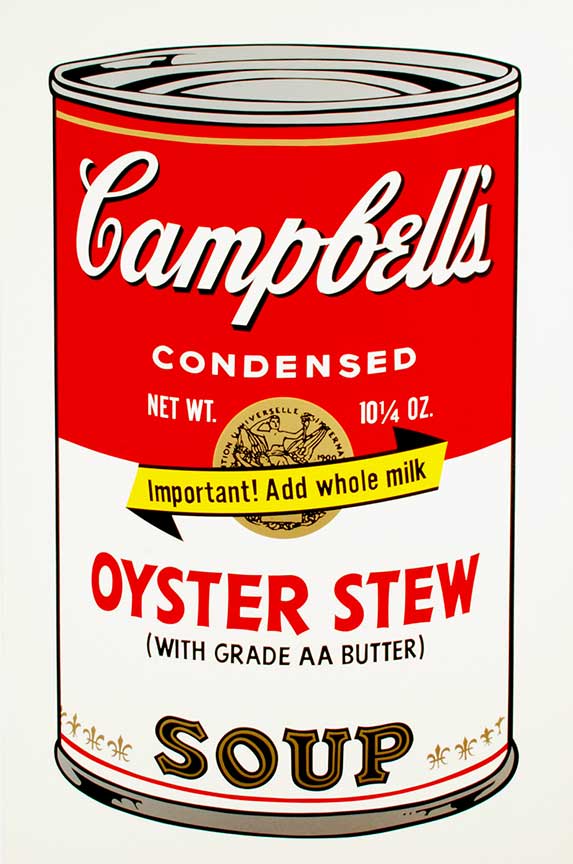A History of Cans
January 11, 2021
Our tale here begins with a phone call between an editor of the paper and I. While I had signed up about two weeks in advance to do another review for a TV show, I was kindly informed that I would not be able to do another review. I responded with the elegance of an enraged toddler and the vocabulary of Joe Pesci. After quite a bit of arguing, I grabbed the closest thing to me, which, at the time, was an empty soda can, and announced to him the topic of my new article. He called my bluff and being too stubborn to back down, I now present to you the short history of cans.
The Napoleonic wars were incredibly intense and brutal. Food was a particularly big problem, since rations perished after an incredibly short period of time. French soldiers were forced to either starve and wait for shipments of new spoiled food or steal from local villages. In an attempt to remedy the situation, Napoleon offered a reward for anyone who could create a way to preserve food for extended periods of time. Nicholas Appert won the prize in 1810, with his system of boiling then bottling food. This crafty new preservation method must have inspired the English Peter Durand, as he would permanently borrow the process with a patent awarded to him by King George III later that same year. Durand would improve on the idea – his model would be made of tin, so it would not shatter like the glass bottles used by the French.
Now, Durand unwittingly solved a small issue yet created a bigger problem. Durand never created an opening mechanism for these cans. The glass bottles had a relatively easy-to-remove cork. The cans were the thin steel cans that we have today; one quarter inch iron that Durand expected people to find a way to bust open themselves. This could have been Durand’s way of helping soldiers ignore the constant horror of war, as they would be too busy beating a can against a rock to notice.
It would seem that people either enjoyed rapidly smashing cans with hammers to open them, or were just incredibly lazy, as it took nearly 50 years for the can opener to be invented. If this ladder is true, then that level of procrastination is something that even I (currently writing this at midnight the night before the due date) stand in awe of. The inventor of the can opener, Ezra Warner, allowed for people who wanted preservable food, but did not want to viciously bludgeon it buy cans.
The evolution of cans allowed for longer lasting and better quality food. The carbonation of cans have led to soft, energy, and health drinks being canned. The question now presents itself, has the can reached its maximum potential or does it still have some surprises left? Either way, I will be ready with a hammer in hand to find out.
